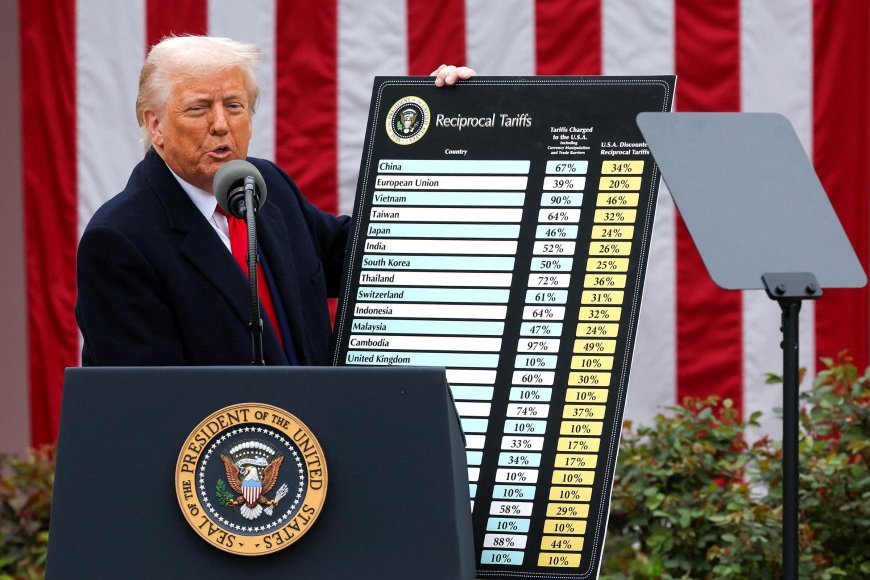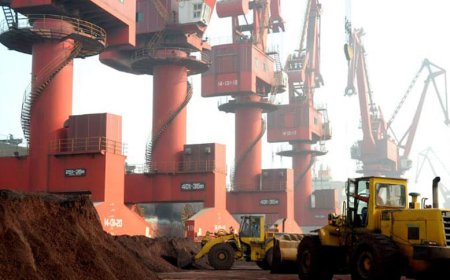US appeals court rules Trump-era tariff hikes unlawful, dealing setback to policy
Trump is almost certain to challenge the ruling in the Supreme Court.

A federal appeals court on Friday struck down most of former President Donald Trump’s global tariffs, delivering a major setback to the foundation of his aggressive trade agenda.
The US Court of Appeals for the Federal Circuit in Washington, DC, ruled that the law Trump relied on for his broadest tariff actions did not actually grant him the authority to impose them. The court’s decision is temporarily on hold until October 14 to allow the Trump administration time to petition the Supreme Court, an appeal that Trump is widely expected to pursue.
The White House has yet to comment on the ruling.
The case centered on Trump’s so-called “reciprocal” tariffs announced in April as part of his trade war, along with a separate set of tariffs imposed in February against China, Canada, and Mexico. The ruling does not affect tariffs issued under other legal authorities, such as those Trump levied on steel and aluminum imports.
Trump had justified these tariffs—and subsequent measures—under the International Emergency Economic Powers Act (IEEPA), a 1977 law granting presidents broad powers to respond to “unusual and extraordinary” threats during national emergencies. Historically, IEEPA had been used to sanction hostile nations or freeze assets, not to impose tariffs. Trump was the first president to apply it in this way, citing trade imbalances, weakened US manufacturing, and the flow of illicit drugs as justification.
In April, Trump declared a national emergency over the longstanding US trade deficit, which he argued undermined domestic manufacturing and military readiness. He also claimed that the February tariffs on China, Canada, and Mexico were warranted because those countries were failing to curb fentanyl trafficking, an allegation they rejected.
However, the Constitution gives Congress—not the president—the power to levy tariffs and taxes, and any delegation of that authority must be explicit and narrowly defined. That principle was central to two lawsuits the appeals court considered.
Earlier, the US Court of International Trade in New York had ruled against Trump’s tariffs on May 28, saying he had exceeded his authority. The three-judge panel included one of Trump’s own appointees. Similarly, another Washington, DC, court found that IEEPA does not authorize tariff measures, a decision the government has also appealed. In total, at least eight lawsuits—including one filed by the state of California—have challenged Trump’s use of tariffs.
What's Your Reaction?





















































































